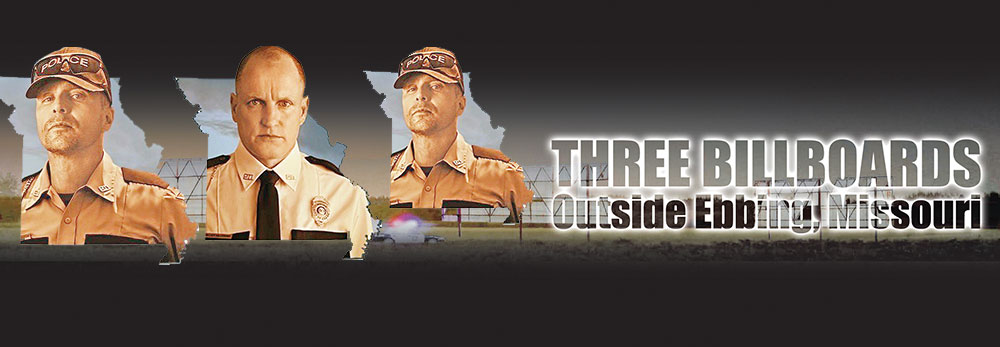What’s to watch on Netflix?
- 13 Apr - 19 Apr, 2024

Mildred Hayes (Frances McDormand) is done grieving. Her teenage daughter died while being raped. Her body was found violated and burned. The perpetrators were never found. After seven months Mildred rents three billboards outside her small town Ebbing, and puts up the following messages to the police department: “Raped While Dying”, “And Still No Arrests?”, “How Come, Chief Willoughby?”.
Director and writer Martin McDonagh (In Bruges) doesn’t answer the routine questions, nor follows the usual storyline. Mildred, having had enough, faces off against the police department. Chief Willoughby (Woody Harrelson), though, isn’t a bad guy. They just don’t have any leads to the case. Under him is Dixon (Sam Rockwell), a racist hick police officer, who lives with his mother. As things escalate, and unexpectedly twist, Mildred and Dixon become rivals.
McDonagh’s screenplay offers a lot of empathy from twisted people, and their far more twisted ideals; the film doesn’t offer much explanations – we simply witness a fraction of time in an on-going life. People change in front of us, and the story, which starts off on a woman, becomes someone else’s redemption.
Three Billboards is nominated for seven Oscars, and two days after you read this (Monday morning to be exact), it will have won Best Actress (McDormand), Best Supporting Actor (Rockwell) – and maybe, maybe – Best Film at the Oscars.
If it misses the Best Film, then I guess I could put the blame on Ben Davis’s cinematography. Davis’s filmography includes: Stardust, Kick Ass, Guardians of the Galaxy, Wrath of the Titans, Avengers: Age of Ultron, Doctor Strange – a lot of tent-poles. The clear, sharp, steady camera work and lighting takes some of the indie-punch away from Three Billboards, which is otherwise it’s a deep, sensitive and unconventional film.
COMMENTS